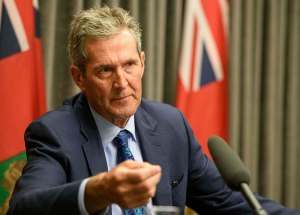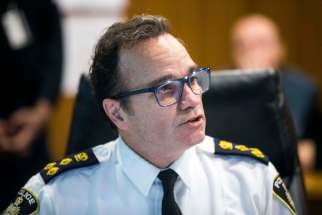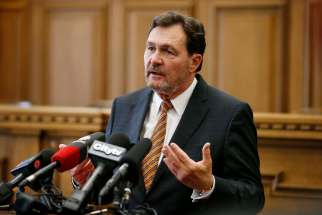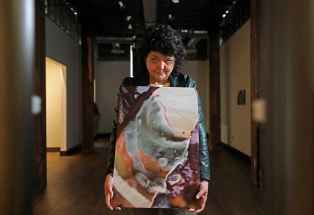Tories make deposit to province’s piggy bank
Read this article for free:
or
Already have an account? Log in here »
To continue reading, please subscribe:
Monthly Digital Subscription
$0 for the first 4 weeks*
- Enjoy unlimited reading on winnipegfreepress.com
- Read the E-Edition, our digital replica newspaper
- Access News Break, our award-winning app
- Play interactive puzzles
*No charge for 4 weeks then price increases to the regular rate of $19.00 plus GST every four weeks. Offer available to new and qualified returning subscribers only. Cancel any time.
Monthly Digital Subscription
$4.75/week*
- Enjoy unlimited reading on winnipegfreepress.com
- Read the E-Edition, our digital replica newspaper
- Access News Break, our award-winning app
- Play interactive puzzles
*Billed as $19 plus GST every four weeks. Cancel any time.
To continue reading, please subscribe:
Add Free Press access to your Brandon Sun subscription for only an additional
$1 for the first 4 weeks*
*Your next subscription payment will increase by $1.00 and you will be charged $16.99 plus GST for four weeks. After four weeks, your payment will increase to $23.99 plus GST every four weeks.
Read unlimited articles for free today:
or
Already have an account? Log in here »
Hey there, time traveller!
This article was published 25/09/2019 (2267 days ago), so information in it may no longer be current.
The Progressive Conservative government is making a record deposit to the province’s rainy day fund.
Premier Brian Pallister announced Wednesday that the government would place $407 million into the fiscal stabilization account, increasing it to $572 million.
The government had initially planned to deposit $50 million into the account.
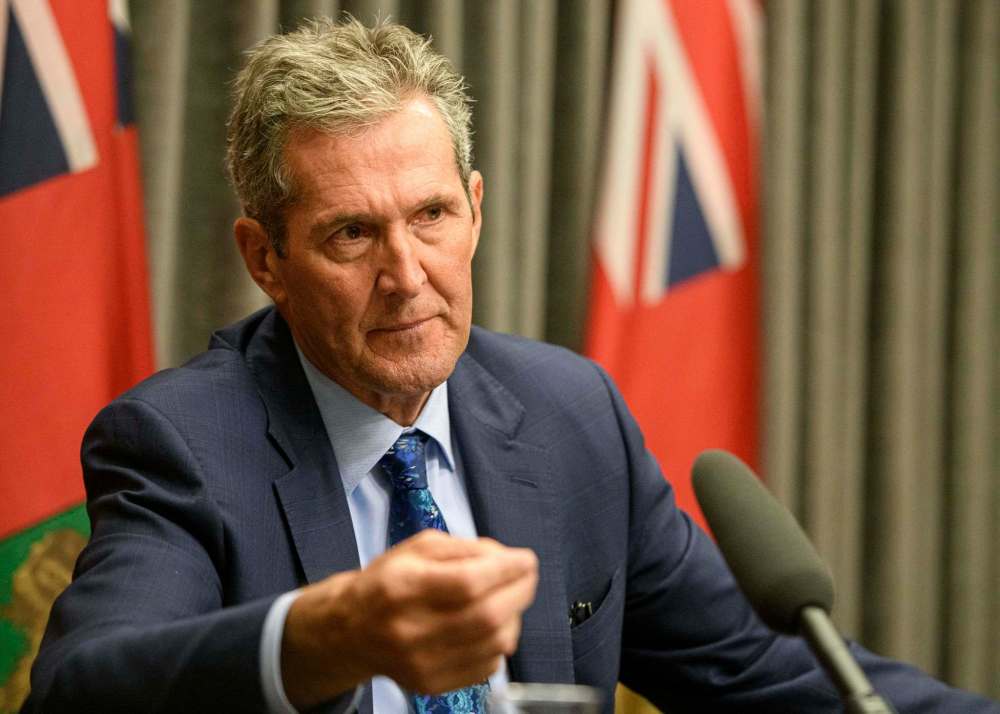
The transfer of funds will be reflected in the public accounts for the 2018-19 fiscal year, ended March 31. The government will release the province’s audited financial statements for that year on Thursday.
Creating a rainy day fund is financially prudent for individuals and governments alike, Pallister said.
Manitoba’s rainy day fund was established by a PC government in 1989 to offset costs from future unforeseen events, including natural disasters such as floods and fires.
“This important contribution means that we are reducing the risks for the people of Manitoba in the event of uncertainties coming up that could hurt our province fiscally and hurt its people,” Pallister said.
He attacked the former NDP government for leaving his administration with a rainy day fund of only $114 million when the PCs gained power in 2016.
However, NDP Leader Wab Kinew criticized the government for making a big contribution to the fiscal stabilization account at a time when greater investments are needed in health care.
“This is $400 million that could have been spent on health care while there’s an ongoing crisis in emergency rooms in Winnipeg,” he said.
Kinew said he agrees with the idea of saving money in good times to act as a cushion in challenging times; however, these are challenging times in health care, he said.
The provincial government had been on pace to underspend its health budget in 2018-19, the NDP leader noted.
So, the announcement of a large deposit into the province’s rainy day account — a day before the release of the province’s audited financial statements — is likely a “political spin exercise,” the Opposition leader said.
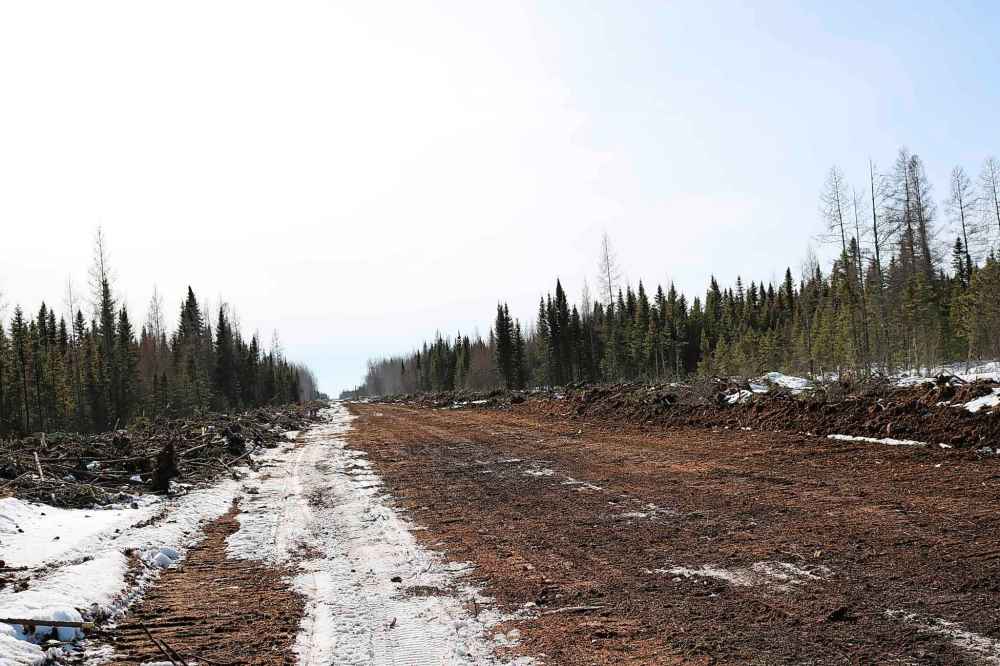
The government had some additional financial room, in part, because of delays in the start of construction of the Lake Manitoba outlet channel, a joint federal-provincial project. Government revenues were also higher than anticipated in some areas, said Pallister, without being specific.
Finance Minister Scott Fielding will provide more details on Thursday, he said.
In March, Fielding projected a summary budget deficit of $470 million for 2018-19, down $51 million from what was originally forecast. The projected deficit for the current fiscal year is $360 million.
The province remains on track to balance the budget by 2022-23, Pallister said.
He noted the fiscal stabilization account should be higher than it currently is, in keeping with the principle that the government should have the equivalent of five per cent of its global expenditures in a piggybank. For that to occur, the rainy day fund would need to be closer to $800 million, the premier said.
The legislature will sit for two weeks, beginning Monday, to approve the 2019 budget. The budget had yet to be passed when the premier called the election in August.
larry.kusch@freepress.mb.ca

Our newsroom depends on a growing audience of readers to power our journalism. If you are not a paid reader, please consider becoming a subscriber.
Our newsroom depends on its audience of readers to power our journalism. Thank you for your support.

